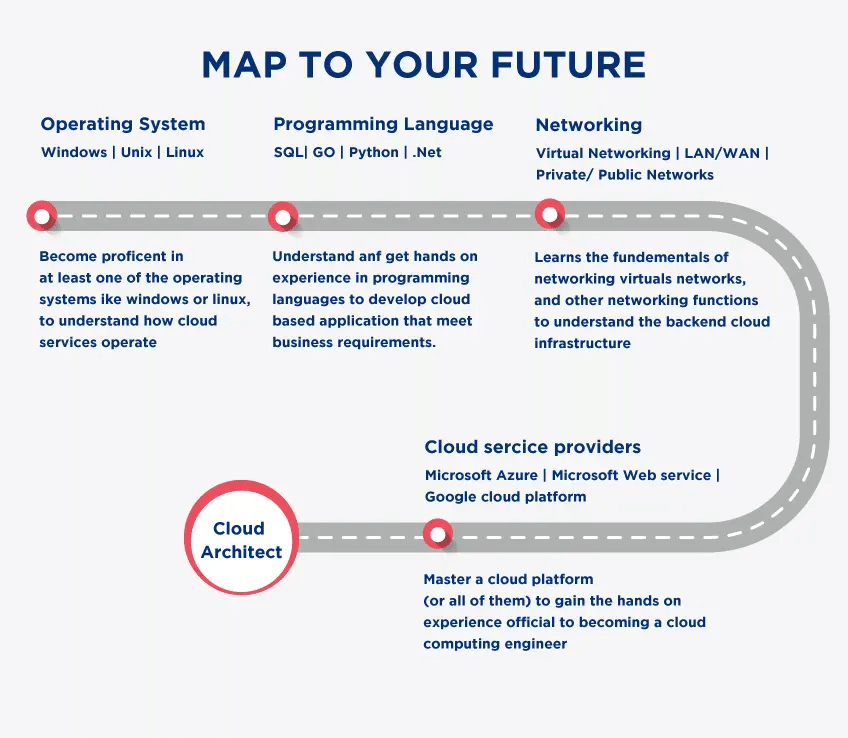Cloud computing is convenient, flexible, cost efficient, reliable and scalable. Over 90% of large companies are using cloud computing application of Data as a Service (DaaS) and it is difficult for small companies to do any sort of competitive, financially viable, sophisticated data management and analysis without it. What do you need to know about cloud computing to insure your data science future is the best it can be?
This is a fairly new science with the first, commercially viable cloud computing software, AWS, introduced by Amazon in 2006. Google Cloud followed in 2008 and Microsoft Azure in 2010. AWS is the largest cloud service provider at a 32% market share, with Azure at 18% and Google Cloud at 6%. IBM Cloud, Oracle Cloud and Alibaba Cloud also compete in this space.
A monthly fee allows customers to access all the computing resources they need. They don’t have to buy software licenses, upgrade outdated servers, buy more machines when they run out of storage or install software updates to keep pace with evolving security threats. Because companies don’t have to manage their own onsite data centers and the expertise, energy bills and real estate needed to do that, a single data scientist can manage vast amounts of data and utilize the most effective tools like artificial intelligence and machine learning to analyze it.
Knowledgehut.com summarized a cloud computing map to insure your data science future.
They say it is critical to understand the cloud computing basics and develop related skills. Understand cloud architecture to allow you to scale your resources more effectively. Cloud service model helps you know what is going on with your data storage and how much computing power you have. Understand the security your service provides. Knowing SQL or Linux is a minimum requirement. SQL is used to analyze databases that are stored on cloud-based servers and Linux fundamentals are used in an open-source operating system for hosting cloud-based applications.
You must be proficient in at least one programming language for a successful data science future. Python is the most widely used because it is easy to learn and has a wide range of applications. AngularJS, Go and Java are other languages that can be used for a variety of purposes.
Make sure you understand the pros and cons of each cloud service provider. Get certified in one of the top three. Your goal isn’t to become a cloud computing engineer, but understanding the possibilities and opportunities in the software available to you will have a significant impact on your career trajectory in the data science world.
Understand the differences between Private Clouds, Public Clouds, Hybrid Clouds and the evolving option of Multi-Clouds beyond privacy and security. Public Clouds and Hybrid Clouds increase flexibility and scalability while reducing the cost of setting up your IT infrastructure.
Interested in talking about your data science future? Contact Smith Hanley Associates’ Data Science and Analytics Executive Recruiter, Nancy Darian at ndarian@smithhanley.com.



